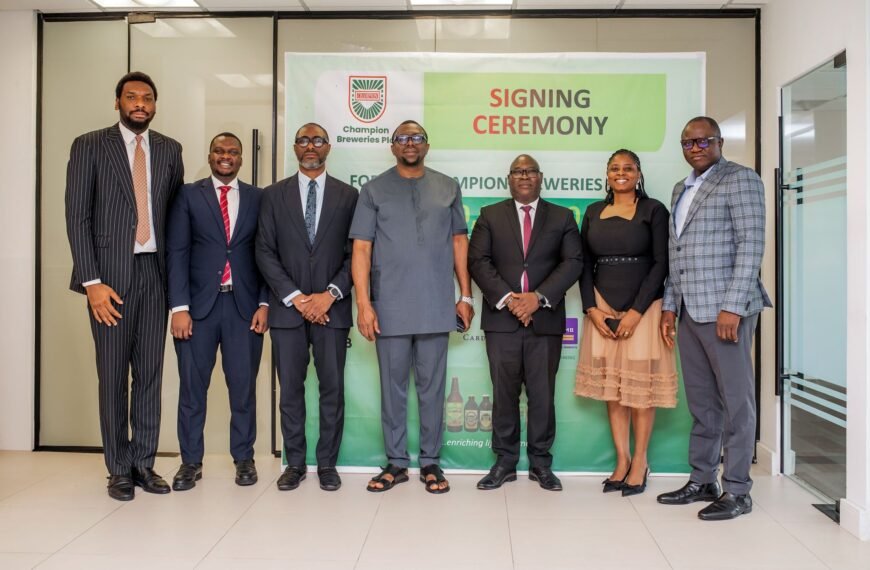

WIMBIZ Aims increase in Women Representation in Leadership Positions
In its bid to inspire and empower women to attain leadership roles, Women in Management and Business and Public Service (WIMBIZ) has advised the board of listed companies on the Nigerian Stock Exchange (NSE) to increase the level of women representation on their respective boards and management.
This was disclosed at the Nigerian Economic Summit Group (NESG) gender community of practice inaugural session by the Chairperson, WIMBIZ, Ngover Nwankwo.
According to her, she said in the financial services sector, there have been some progresses in terms of women inclusion in leadership and corporate board level with a growth of about 20 per cent.
Explaining further, she stated that, “One of the things we would like to see is the Nigeria Stock Exchange (NSE), government should put a policy in place that requires listed companies to have a minimum number of women in leadership positions be it 35 or 50 percent on their boards and management. We want to do that across other industries, political parties, so it is a journey and we are happy to be on that journey.”
In his opening address, the Vice Chairman, NESG, Niyi Yusuf, stated that over time, the NESG had noticed that issues relating to some large stakeholder groups such as gender, youth and SMEs may not be optimally resolved within the policy commissions’ structure which it operates, because these issues cut across all of them.
He mentioned that the NESG had set up the communities of practice to tackle these central issues that would guarantee a sustainable and vibrant economy by 2050.
“A Community of Practice (CoP) is a group of people (typically across different organisations) that share a concern or passion for a common goal and work together to achieve the said goal,” Yusuf said.
While rendering a presentation on the Gender Community of Practice, Head, Corporate Services at the NESG, Mrs. Nkechi Onyenso, said that, the approach for NESG gender CoP would allow stakeholders across private and public sector groups collectively own and champion the issues around women through the NESG’s structured approach o deliberating, agreeing and advocating on policy focal points.

















